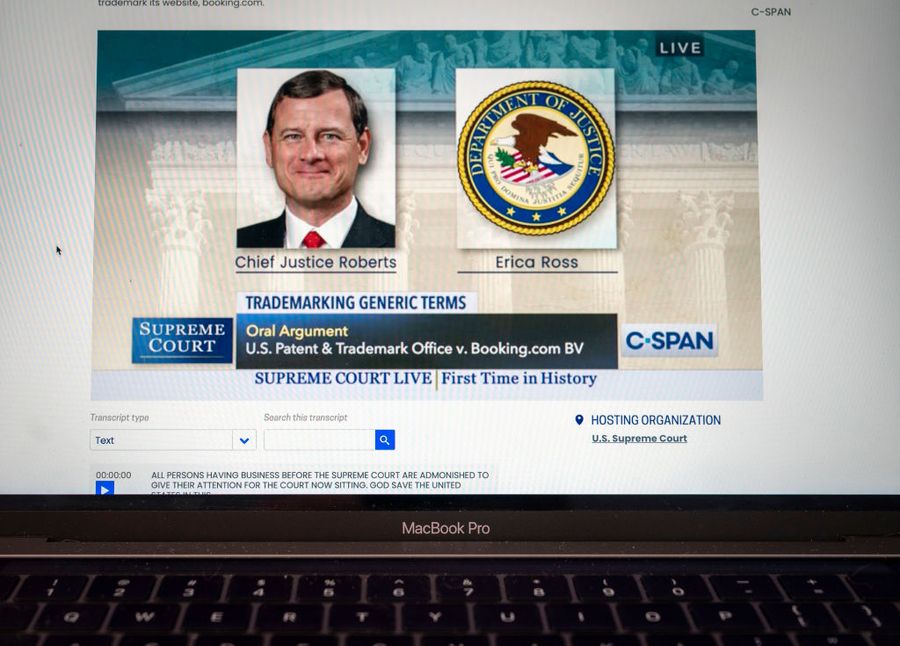Coming To a Tab Near You: The U.S. Supreme Court
For the first time in history, Americans with web access will be able to listen to live oral arguments as heard by the U.S. Supreme Court on a range of issues.
The proceedings will be conducted over the phone and, according to NPR, lawyers presenting arguments allegedly plan to wear formal clothing suited to the occasion—though perhaps not to their living rooms. While it might be the first time the dilemma of wearing a bathrobe or a court robe has arisen with national implications, this isn’t the institution's first time thinking about offering remote access to its proceedings. According to its official website, oral arguments have been recorded since 1955 and as of 2010, files have become more readily available online, though not live-streamed until today. It's the first time recordings of these events have been live-streamed on C-SPAN and thus become so instantly accessible.
This marks a true sign of the times as more people, including the justices, are socially distancing to limit the transmission rate of Covid-19. The court’s decisions may have deep implications, as usual, so Americans might not want to miss out on listening in. It’s no moon landing video, but it’s almost as historically significant as listening to the moon landing audio.
And you’re not alone: not even the Supreme Court can choose between existing options for audio formats or players. The audio files are available for download in various audio formats, too: MP3, Windows Media, RealAudio.
The scheduled arguments will present matters of whether the inclusion of “.com” in a registration name is a valid trademark claim (heard today and now posted online); federal funding of nonprofits based on key policy issues; religiously-affiliated institutions and the application of the Affordable Care Act; the right to robocall (seriously); the status of land as a tribal territory in eastern Oklahoma; the adjudication of labor law at religious institutions; Trump financial records and congressional subpoenas; and Electoral College members who do not vote for their pledged candidate, or so-called faithless electors.
There’s no plan for live-streaming other key functions of the Supreme Court but it’s still possible to imagine a day when other actions like big case decisions might be available to a live audience of millions. In a few years, maybe the question we will ask each other is: where were you when you heard the Supreme Court decision?
To read expert reviews of the cases visit SCOTUS Blog, which is also hosting online seminars for educators. To listen to the oral arguments live, for free, visit C-SPAN’s website.
Lead illustration by Drew Angerer/Getty Images.

